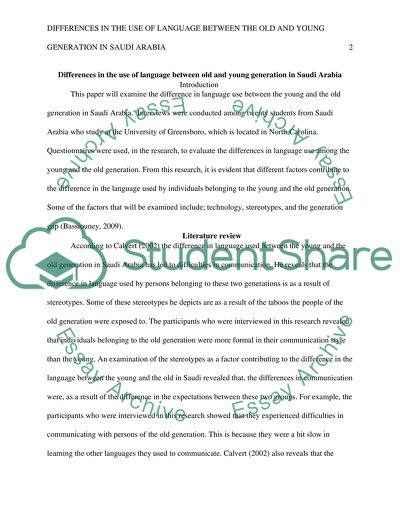Cite this document
(“The differences in the use of language between old and young Term Paper”, n.d.)
Retrieved from https://studentshare.org/english/1474983-the-differences-in-the-use-of-language-between-old
Retrieved from https://studentshare.org/english/1474983-the-differences-in-the-use-of-language-between-old
(The Differences in the Use of Language Between Old and Young Term Paper)
https://studentshare.org/english/1474983-the-differences-in-the-use-of-language-between-old.
https://studentshare.org/english/1474983-the-differences-in-the-use-of-language-between-old.
“The Differences in the Use of Language Between Old and Young Term Paper”, n.d. https://studentshare.org/english/1474983-the-differences-in-the-use-of-language-between-old.


